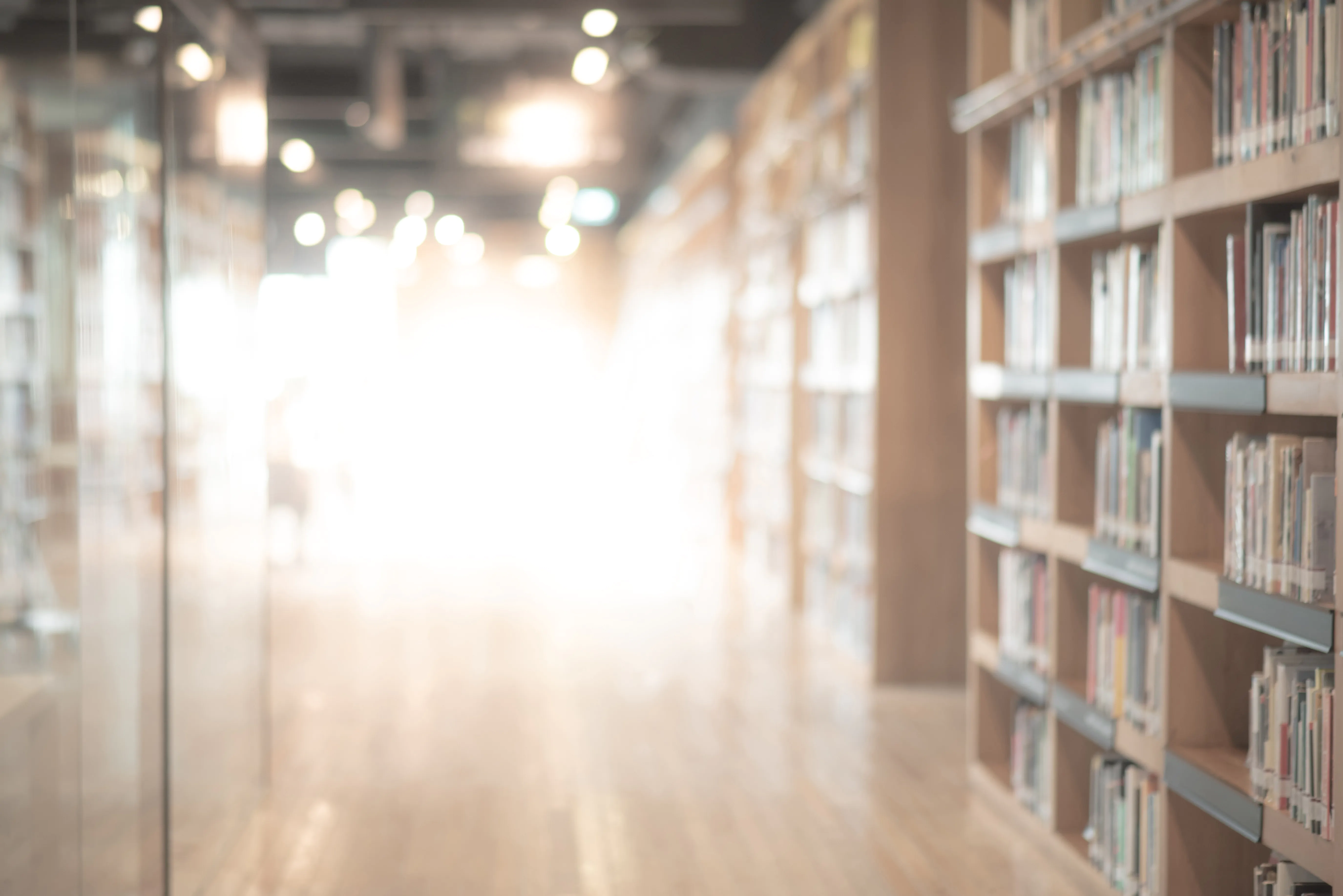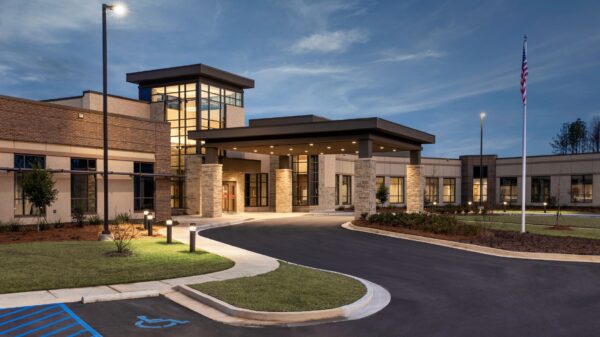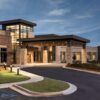The Network of Alabama Academic Libraries (NAAL) is successfully working with content providers to offer new and expanded access to resources, focusing on the single goal of making sure users have real-time availability to what they need.
This is crucial during the coronavirus pandemic that has forced campuses to quickly transition to online classes. Not only have library staff and faculty moved to their own new virtual reality, they have simultaneously helped others on campus do the same.
Derek Malone, University of North Alabama library director, says from the beginning they were flooded with emails asking, “What do I do now?” That question has been answered numerous times through academic library instruction and research consultations. Online chats have become successful substitutes for face-to-face reference interviews and assistance. Dr. Annie Payton, Director of Library Services at Alabama A&M, explains that their LibChat services help them maintain an “Availability” posture. At Troy University, Library Services Dean Christopher Shaffer notes they have librarians embedded in 79 online classes.
Providing material and computer resources to students at home.
Higher education institutions across the state have tasked their library departments with distributing laptops and tablets to students who have transitioned to at-home classrooms. Without the library’s physical space and shared computers, it is crucial for students to have access to these electronic devices.
While some libraries continue to lend physical items via curbside pickup, the bulk of interlibrary loan is for e-resources to meet social distancing guidelines. This can be problematic for some students, as many areas of the country are still without Internet access, “an issue that has been around for years,” according to Eric Kidwell, director of the Houghton Memorial Library at Huntingdon College.
LibGuides and Wiki pages have been created to help users navigate the sea of new resources. Samford University Library Director Kimmetha Herndon says they are managing access to some 178,328 new resources. All are working closely with the Alabama Virtual Library (AVL) an original NAAL program, to provide even more access to additional online educational resources for free during this public health crisis. Links to the AVL’s new resources are available on their “All Resources” page (avl.lib.al.us/resources/all).
Academic libraries are compiling useful medical information and creative delivery for students
The University of Montevallo and Troy University libraries are using their 3D printers to make protective gear for healthcare providers, and UAB is investigating using theirs to make nasopharyngeal swabs for COVID-19 testing. At the University of Alabama at Birmingham (UAB), Library Dean Kasia Gonnerman notes that clinical and health sciences librarians are providing highly specialized resource guides to help medical school residents, and a Wiki site for graduate medical education developed by their anesthesiology librarian “has quickly become a hub for vital information in the UAB Anesthesiology Department. The goal is to help our health care providers have the most useful information possible before we see a surge of COVID-19 patients in our Alabama hospitals.”
At the University of Alabama in Huntsville (UAH), services have been expanded to create an archive of personal histories related to COVID-19 and its impact. “We are helping student groups develop informative materials (bookmarks, pamphlets, flyers) to share with other students. We are also addressing information literacy aspects associated with this large-scale news event,” said UAH Library Director David Moore. He added that cybersecurity guidance is of utmost importance and they are maintaining a focus on online safety. Alabama State University has been innovative in its response to the pandemic, shooting campus video without students and faculty and collecting stories from library users about how they are reacting in order to preserve and archive this history, per Janice Franklin, Dean of the Levi Watkins Learning Resource Center and current Chair of NAAL’s Executive Council.
Alabama academic libraries are hard at work proving their essential nature on college campuses whether the setting be physical or virtual. Jacksonville State University’s Library Director John-Bauer Graham sums it up by noting that, “librarians continue to be consumed by the task of helping others.”
NAAL is an unincorporated consortium of the Alabama Commission on Higher Education and Alabama’s public and private four-year colleges and universities. Our primary purpose is to foster communication and cooperation between member libraries with a focus on purchasing and sharing collections, products, and services that foster teaching, learning, and research.






















































